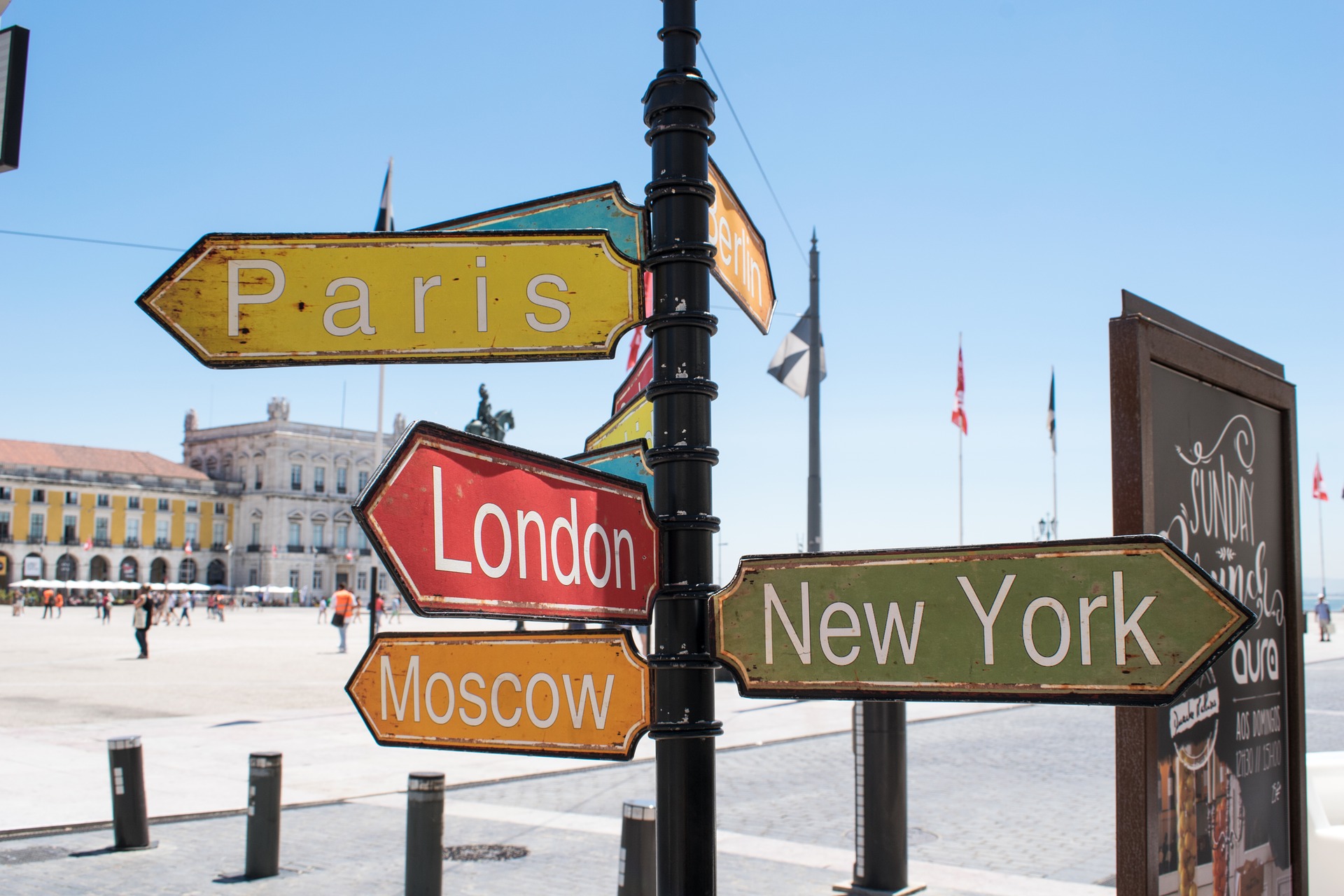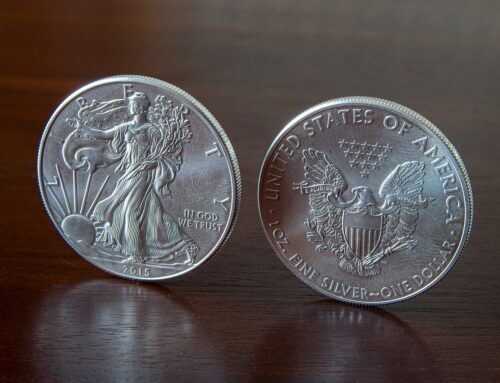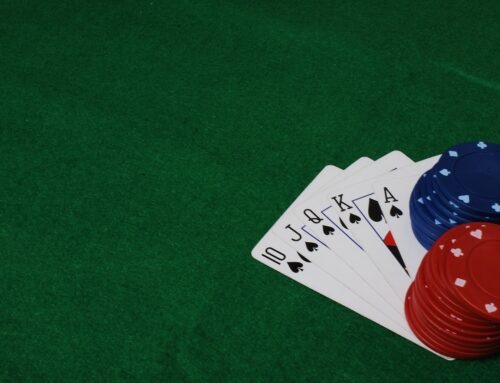There is an insidious form of suffering in the well-fed West, where we pretend that we’ve got it all together when we really feel stuck and empty, or lost and anxious. To misquote Tyler Durden in Fight Club: we find ourselves working in ways that we don’t like, so that we can buy stuff that we don’t need, to impress people that we don’t care about. We find ourselves living lives of quiet desperation.
When we allow our lives to be constructed around the expectations of others it might enable us to fit in and get by, but in the process we become strangers to ourselves, we lose track of who we are and what really matters. We allow ourselves to be distracted and caught up in mere busyness, which can be an elaborate attempt to avoid the burden of knowing that we might have a far more meaningful contribution to make, even in the role that we currently play.
What might start as a vague stirring of unease can intensify into a full-blown crisis of meaning, something that afflicts many of us around the time of mid-life. When this happens it’s as if a wise inner self is staging a rebellion against the dead weight of our masks, our layers of pretence, the many ways we make ourselves smaller. Usually these layers have formed over time to help us survive an array of threats, but eventually they begin to sap our energy as we cling to them long after the threats have subsided. What was developed to support us becomes something that inhibits us, prevents us from making satisfying contact in the world. Many of us react by trying to make the pain and discomfort go away by getting a newer model of car or a newer model of spouse, but these strategies bring only temporary relief and we stay stuck in our own special hell.
Good News
In the midst of all of this there is good news. There is something of profound and lasting value embedded in the suffering, there is a gift that is wrapped in the discomfort and pain. This gift is our unique call to authenticity.
It takes a certain kind of courage to turn towards the symptoms and to listen to what is being asked of us. Often the call is nothing more and nothing less than a request for us to become more fully who we already are and to make our fullest contribution to the world.
One of our most basic human freedoms is the freedom to choose between alternatives, which means that we have the ability to live authentically and to shape our destiny. We do not necessarily have limitless freedom to choose, but it is our challenge to accept our particular freedom and to make conscious and deliberate choices.
The existentialist philosopher Martin Heidegger deeply explored the nature of an authentic life, and was much concerned with the questions: who am I, who am I to be, what am I to do? Engaging with these questions can lead us from dependence to autonomy, from pretence to authenticity, from merely getting by to living with zest.
Viktor Frankl wrote that we humans are involved in an innate struggle to find meaning and purpose. A problem that arises in this struggle is the fact of our mortality, which can cause us to ask whether anything matters, whether anything is meaningful. He suggested a way through: by confronting that which is suffered, exploring the experience of our inevitable defeats and losses; and by engaging with that which is valued, exploring the way we’d like to work, love and create.
We can enlist these two philosophers as our guides to achieve greater clarity about who we are and what matters to us, about what is meaningful and would give our lives deeper purpose. By first addressing the questions of who we are and what matters to us, we are attending to our field of being, and it is in this verdant field that our doing can then take root and be abundantly fruitful.
When our plans and our actions arise from a place of authenticity, we become more deeply powerful and have to rely less on force. We are more ourselves and therefore have to rely less on pretence. We release a profound amount of creative energy so that we can do what we need to do, what we are called to do.
- Who are you, really, beneath your masks?
- What conditions would allow for an organic unfolding of this truer self?
- What contributions to the world would naturally flow from this truer self?
References
- Richard Polt: Heidegger (1999)
- Chuck Palahniuk: Fight Club (1996)
- Ernest Becker: The Denial of Death (1973)
- Bertrand Russell: History of Western Philosophy (1961)
- Viktor Frankl: Man’s Search for Meaning (1946)
- Martin Heidegger: Being and Time (1927).







Leave A Comment